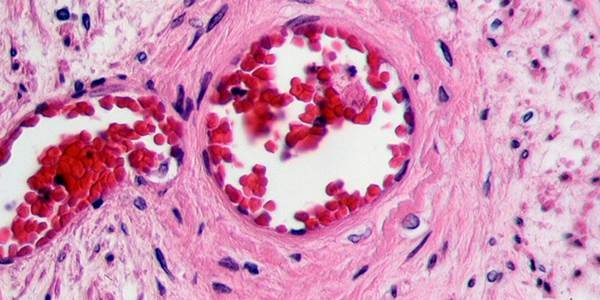Myocardial ischemia

Myocardial ischemia /MI/ is a clinically significant condition characterized by a decrease in blood flow to the heart muscle due to partial or complete blockage of the coronary arteries.
Decreasing the volume of blood flow also limits the amount of oxygen to the heart.
MI, also called cardiac ischemia, can damage the heart muscle by weakening its effective pumping function.
A sudden, large blockage in a coronary artery can lead to a heart attack. MI can cause serious heart rhythm disturbances.
Treatment is aimed at improving blood flow to the heart muscle and may consist of the use of medication, a procedure to open the blocked arteries, or coronary artery bypass grafting.
Maintaining a heart-healthy lifestyle is important for proper MI treatment and prevention.
What are the symptoms?
Some people with MI do not show any signs or symptoms /silent ischemia/.
But when such occur, the most characteristic of them are:
• Chest tightness or pain, usually on the left side of the body /angina pectoris/;
• Painful sensations in the neck or jaw;
• Pain in the shoulder or arm;
• Palpitations ;
• Shortness of breath;
• Nausea and vomiting;
If you experience chest discomfort, especially if it is accompanied by one or more of the signs and symptoms listed above, seek immediate medical attention.
Call 112, but if you do not have access to emergency medical help, for example you are high in the mountains, ask someone to accompany you to the nearest emergency medical center.
Drive only as a last resort if you have no other options. Driving a vehicle in such a condition puts you and other road users at risk, as if you suddenly deteriorate you may lose control of the vehicle.
What are the causes?
MI can develop slowly as the coronary arteries become blocked over time, or it can occur suddenly when a blood vessel is blocked suddenly .
Conditions that can cause MI are:
• Coronary heart disease /atherosclerosis/ – the disease develops as a result of the accumulation of low-density cholesterol plaques on the walls of blood vessels, which reduces the volume of passing blood.
Atherosclerosis of the heart arteries is the most common cause of MI.
• Blood clot /thrombus/ – the plaques that accumulate as a result of atherosclerosis can become the cause of disruption of the blood vessel wall, which leads to the formation of a thrombus. It is possible for the blood clot to cause severe myocardial ischemia.
• Coronary artery spasm – is a brief, temporary tightening of the muscles in the wall of the artery that can limit or briefly block the flow of blood to part of the heart muscle.
Factors that may cause abdominal pain associated with myocardial ischemia are:
• Physical exertion;
• Emotional stress;
• Low temperatures;
• Lying position;
• Use of cocaine;
Treatment of myocardial ischemia
In addition to other treatment methods or if the blockage of the arteries is in the initial stage, doctors advise their patients to :
• They quit smoking;
• Avoid second-hand smoke, as second-hand smoke can damage the lining of the arteries, and this increases the risk that the second-hand smoker will develop an MI years later;
• They do sports, but they should not overwork themselves and the training should last 40-45 minutes. The goal is to improve blood supply to the heart muscle.
• Maintain healthy body weight levels;



